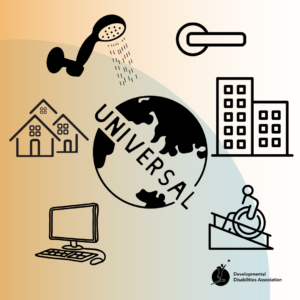In past articles we have looked at specific tax efficient things you can do for disability finances like applying for the disability tax credit. I think that with tax time just around the corner perhaps this would be a good opportunity to go over some general concepts about taxation to clear up the mysteries about them and help you get as much tax relief as possible to financially manage your family’s financial challenges.
First there are things called deductions. These are just expenses that you have that can be used to decrease your income and thereby decrease your taxes owed. Lots of expenses related to caring for your child’s disability are deductions (therapy, medications, private specialists, other medical and dental costs, etc.). Knowing about what is tax deductible is very important, but more important is to save all the tax receipts to prove you had the expense. Just keeping your bank statement is typically not enough evidence for Canada Revenue Agency (CRA) in the event of an audit. Also often all of the expenses in a family can generally be stacked onto one tax payer to reap the maximum tax saving benefit.
Tax credits are taken directly from the taxes you owe. Some of these credits you have to apply for (like the disability tax credit) while others can just be applied when you file your tax return. Of note is that some of the credits are transferable like the disability tax credit where they can be transferred from one individual who cannot use it to another tax payer who can and/or are stackable (like a parent with two children with disabilities can claim two disability tax credit transfers). The key is to find out what tax credits are available, which ones have to be applied for and when to apply them because tax credits only save tax money when you have to pay tax (someone who for low income reasons pays no tax has little benefit claiming a tax credit and it is best to transfer it to someone who can use it if it is transferable).
Even if you have missed prior years of tax returns (as I often find with families two busy just trying to manage financially and take care of their children) filing missed tax returns is super important for several reasons. First, if you owe taxes, there are penalties and daily compound interest attached to unfiled and unpaid taxes that eventually lead to social benefits being cut off, summary judgements by CRA as to what you owe, collection calls and eventually garnishing or freezing of your bank accounts. Filing the tax returns in this case, even if you cannot afford to pay is super important to start to work with CRA to amicably resolve the situation.
If you don’t owe any tax money but haven’t filed tax returns for a few years, the positive news is that if you do, you can often get some tax money coming back by filing the returns and you will likely trigger the payment of social benefits that would be very beneficial to your family.
The final concept to think about is if you have a spouse or a common law spouse, consider filing your tax returns together as there are spousal and dependent tax credits that tax filing software and tax filing people can apply to your tax return to save you more tax money if they know to apply them. Some of these are income tested for eligibility so the software or tax filer will need to accurately know what is in the spouse’s tax return to apply them.
For more assistance please see your tax specialist or financial planner.



